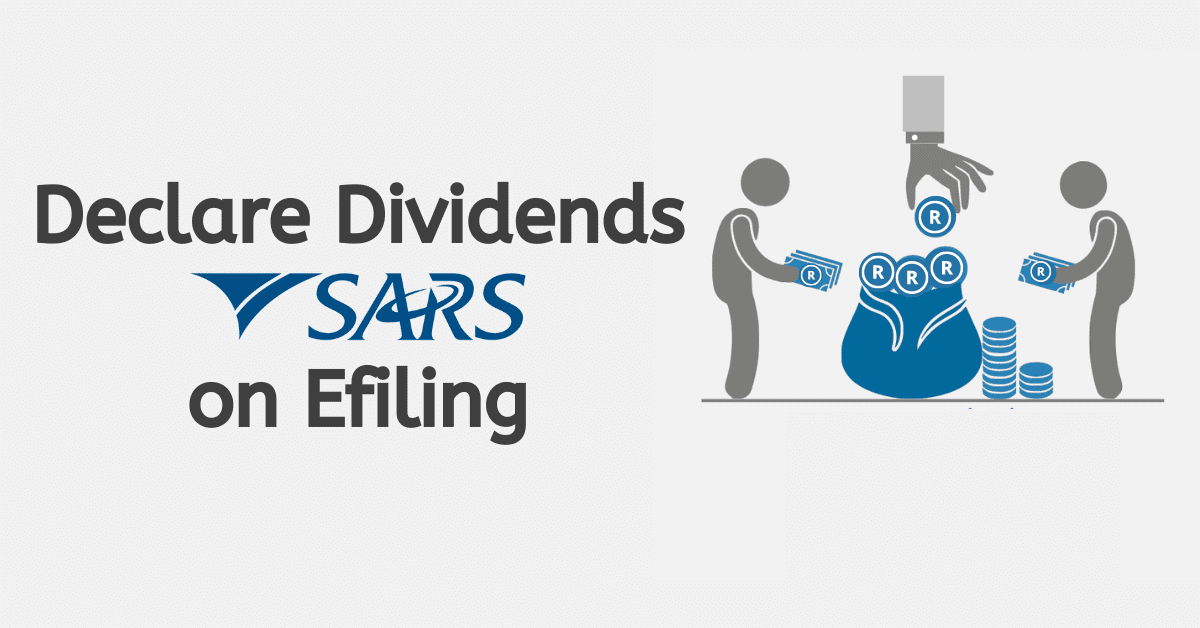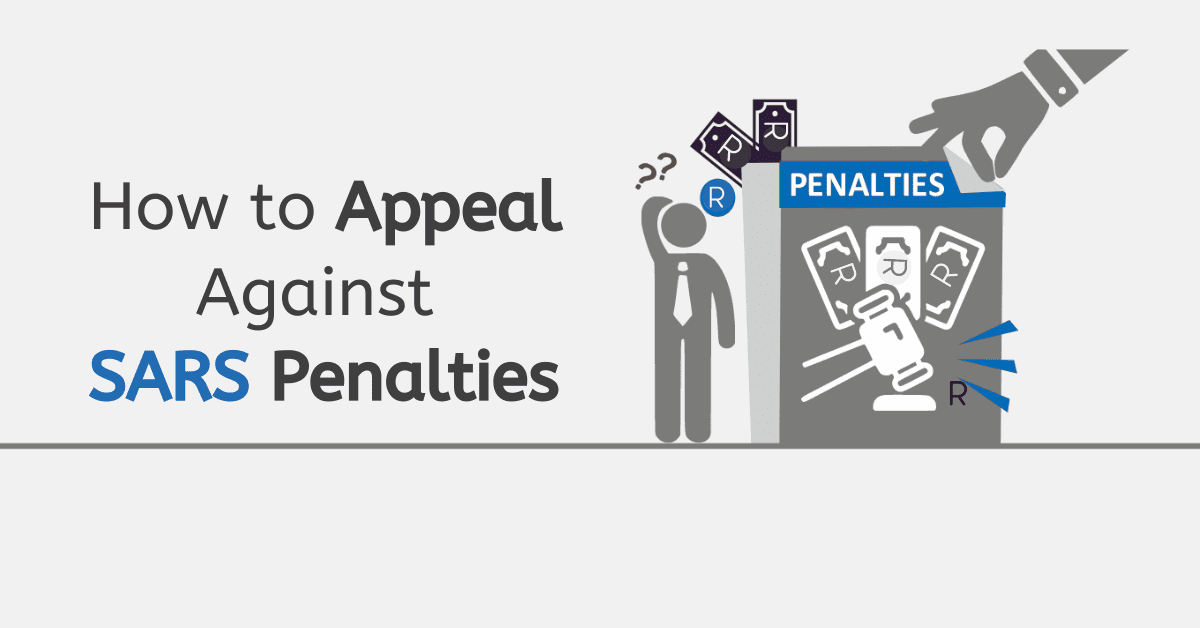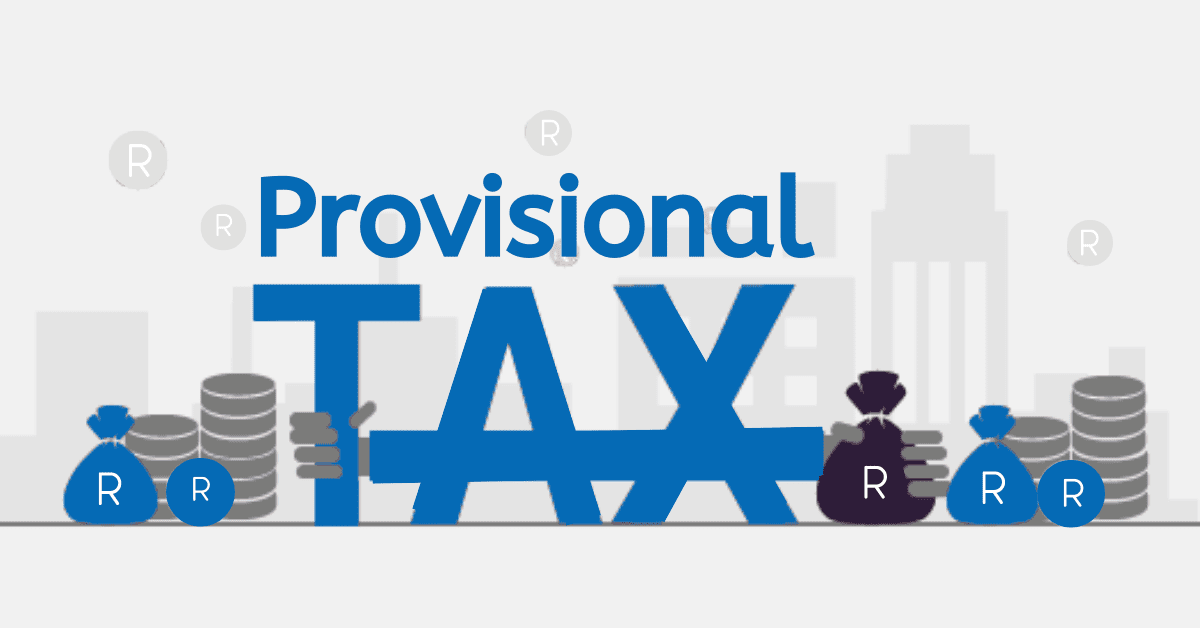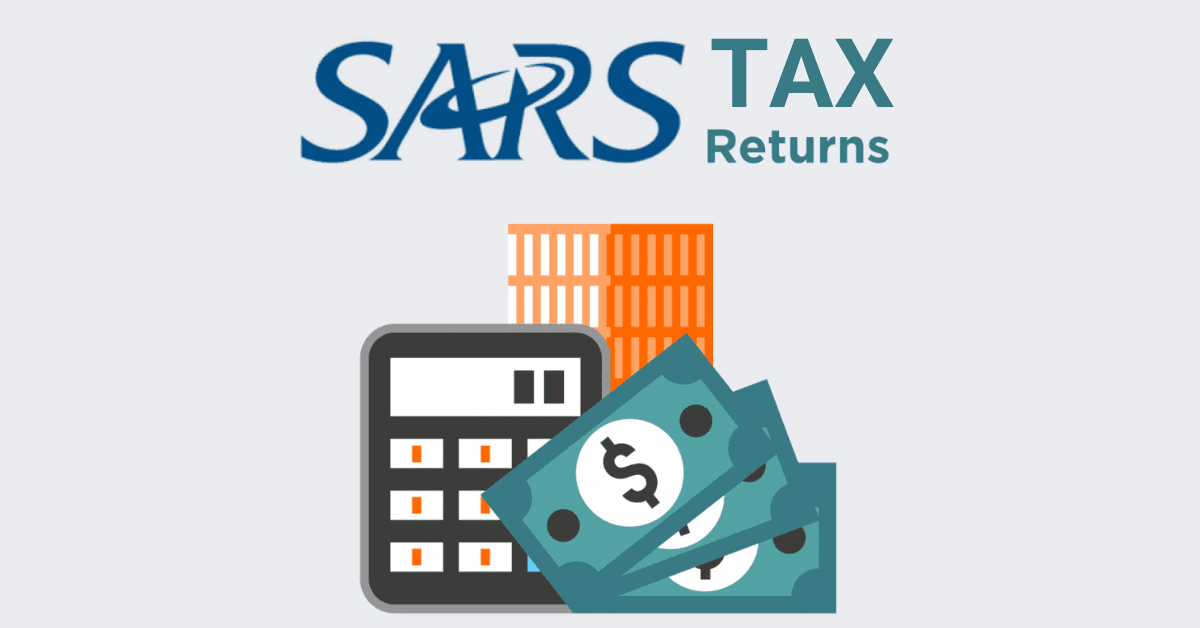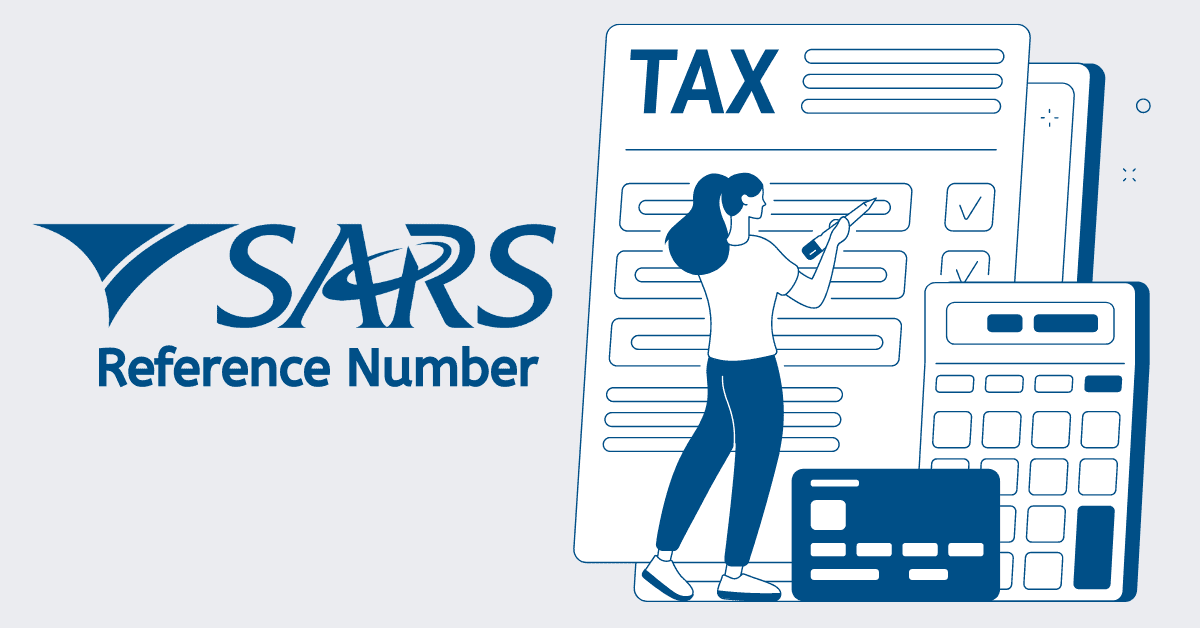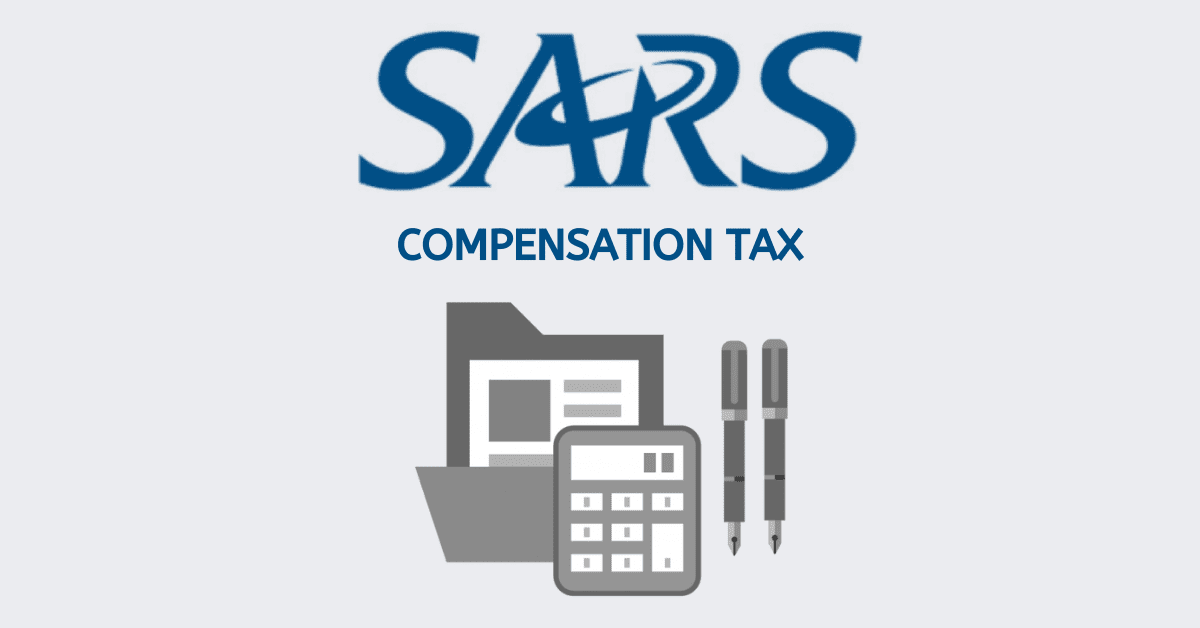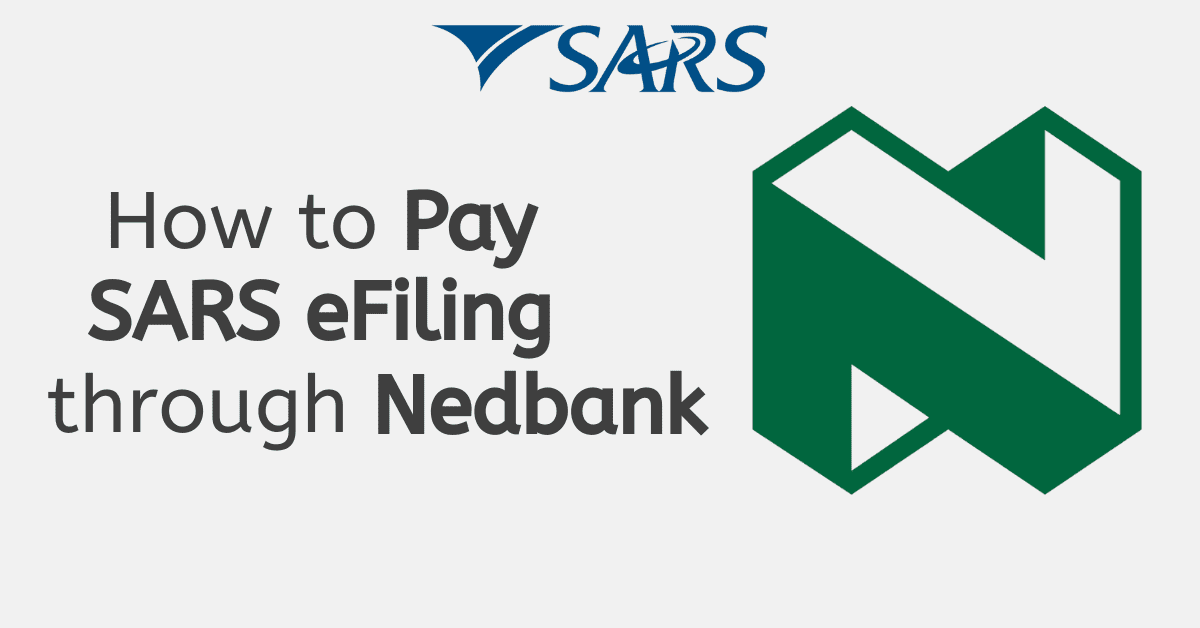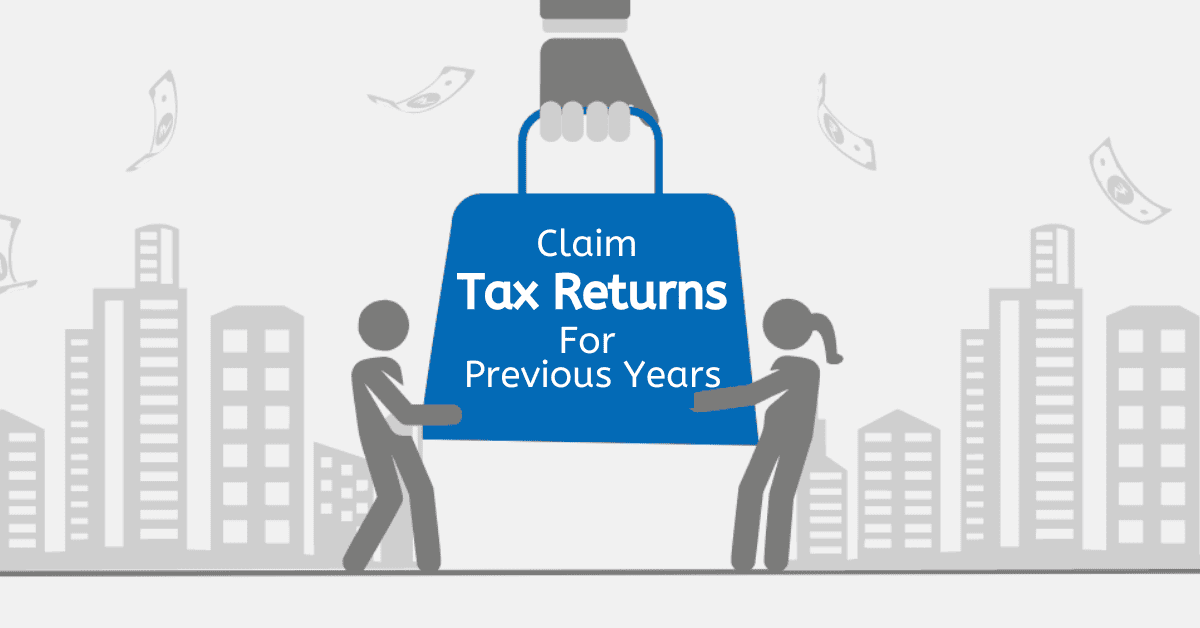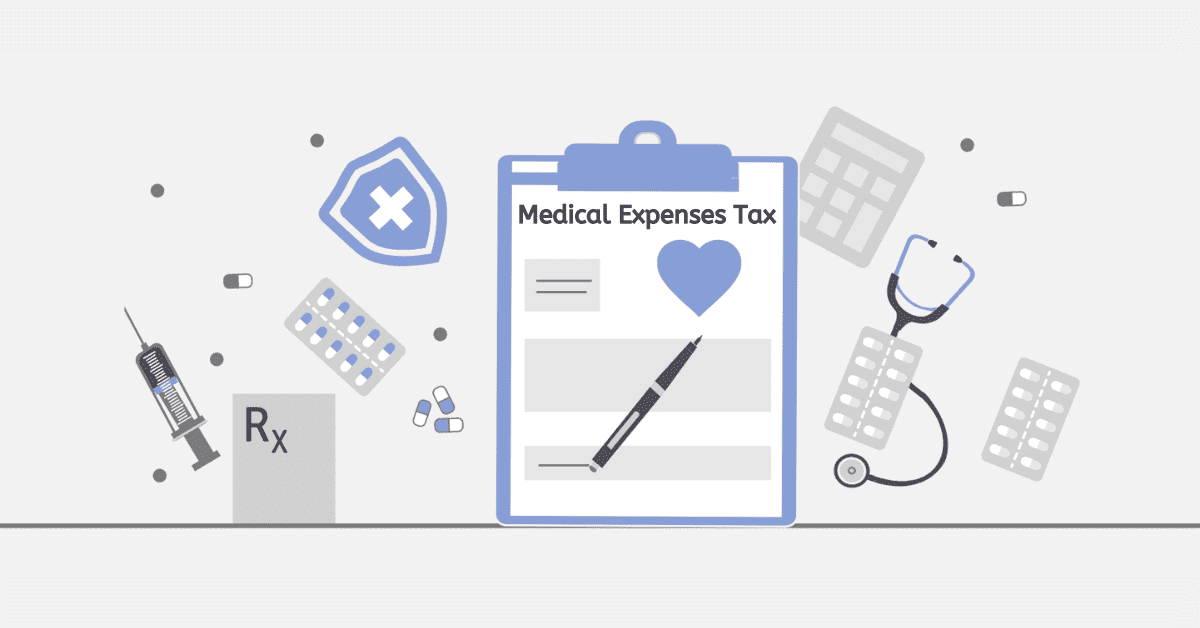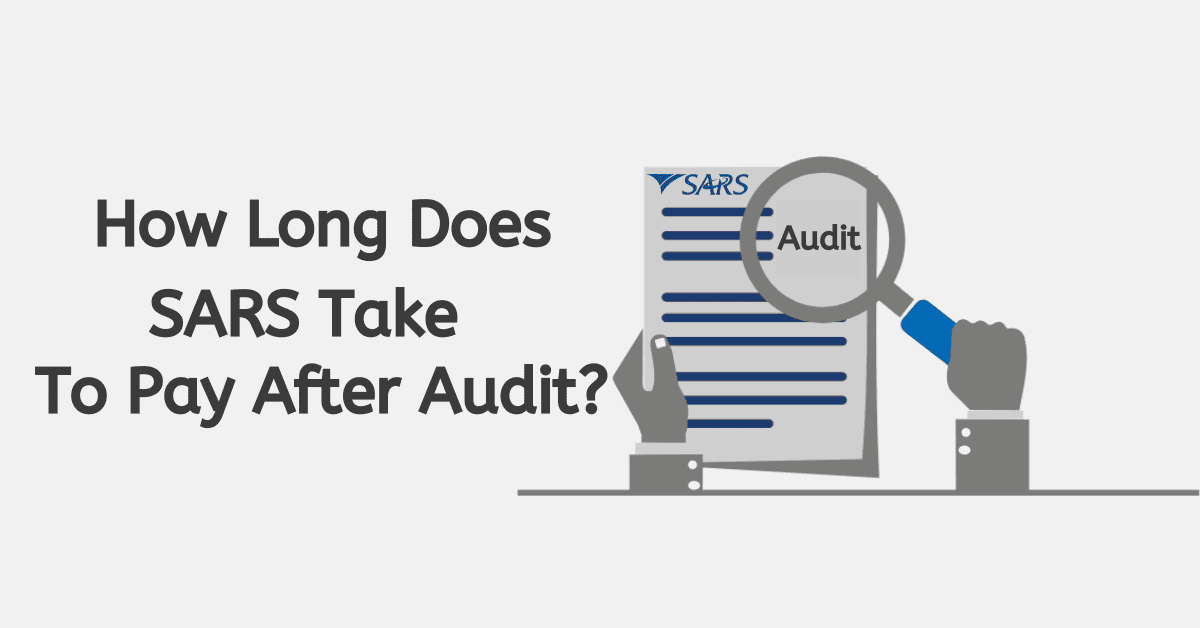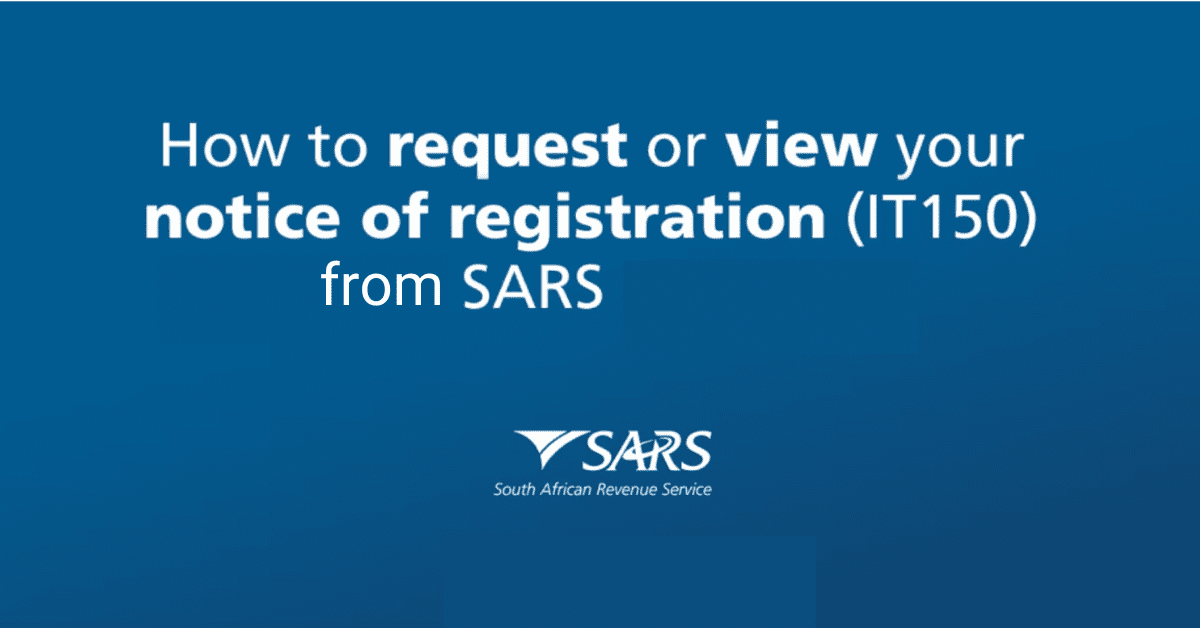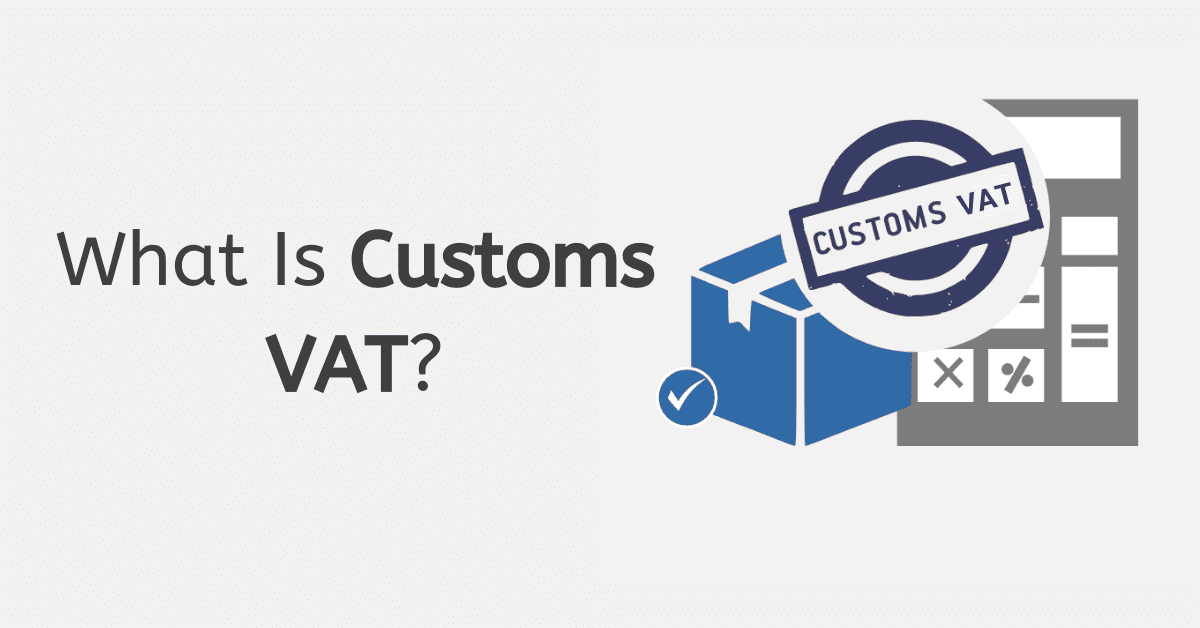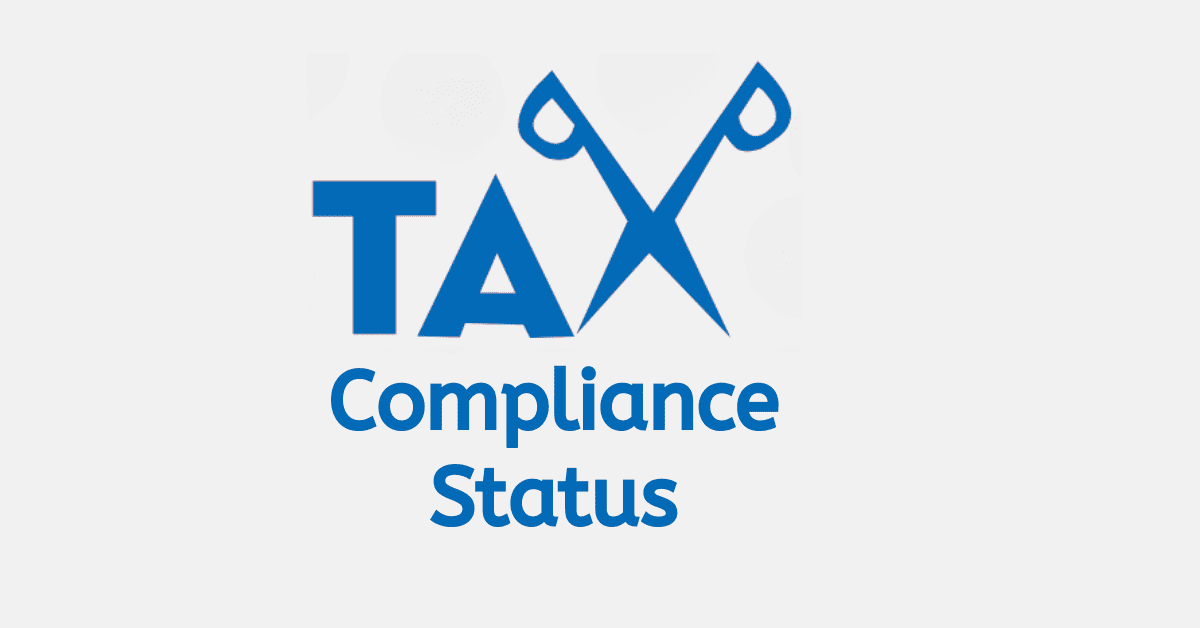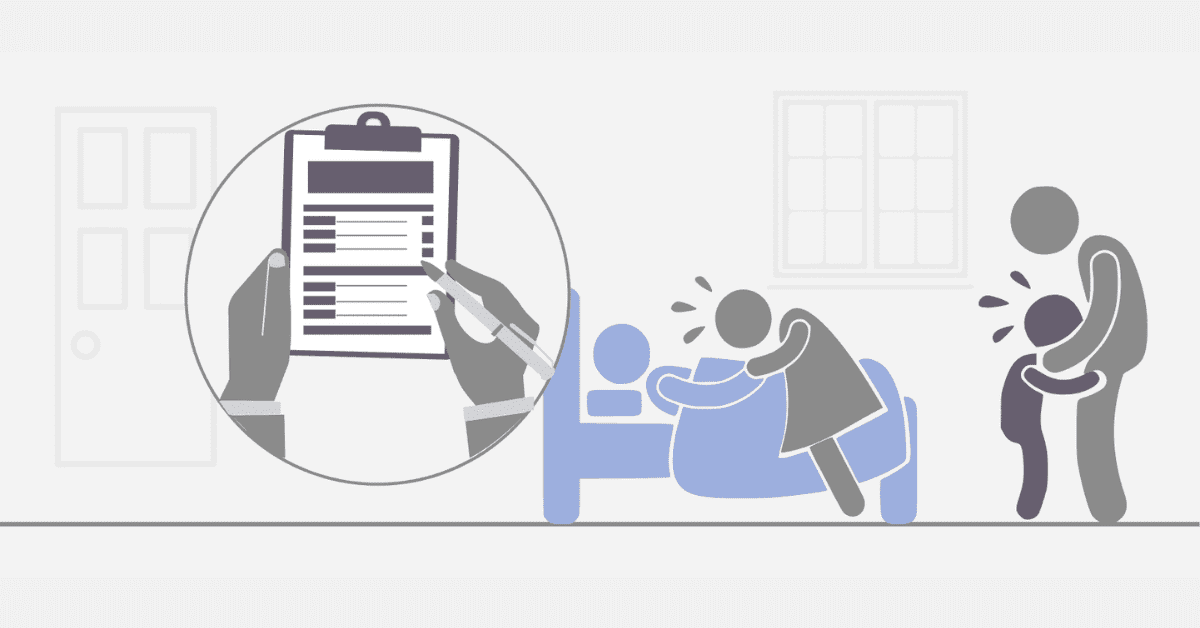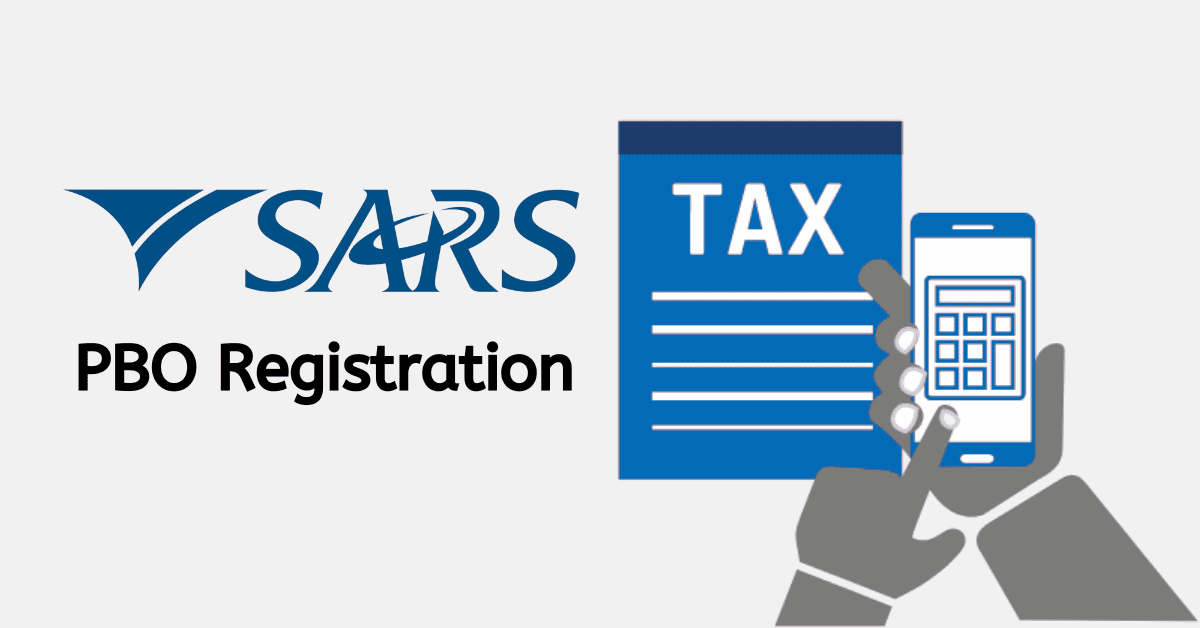When registering for tax with the South African Revenue Service (SARS), you should comply with all rules and regulations. However, if you feel you can no longer comply with regulations due to different reasons, you can deregister for tax. This article explains everything you need to know about how you can unregister SARS eFiling.
Can You Deregister for Tax?
Any registered person can deregister or cancel their registration for income tax when their business is no longer viable or ceases to exist. There are several reasons why you can consider cancelling your tax registration. For instance, you can apply for cancellation of VAT registration when the value of your taxable supplies falls below the compulsory threshold of R1 million for 12 consecutive months.
The commissioner can consider your deregistration for tax if you meet the following conditions.
- The vendor has ceased business operations.
- You cannot commence operations within the next 12 months.
- You no longer comply with the requirements for voluntary or compulsory registration.
- The vendor cannot provide the returns required for calculating VAT.
- An entity registered under voluntary registration but has no proper accounting records, no fixed address, or does not have a bank account.
If you cease operations, the cancellation will be effected on the last day of the tax period. In writing, you can apply for tax deregistration, and the commissioner will determine your application. However, you cannot cancel for tax when you have outstanding obligations and liabilities in terms of the VAT Act. You must first settle everything you owe.
How Do I Unregister SARS Efiling?
You can deregister SARSS eFiling using the deregistration function available on eFiling. When you log in to eFiling, there is an option that allows you to unregister SARS. Alternatively, you can send a written to SARS with EMP123/EMP123T FORMS. You can send the notification via post, email, or fax to the centre where your business is registered.
What Happens if Deregister for VAT?
There are different reasons for deregistering for VAT. However, you should know the implications of cancelling VAT registration for your entity. Once you deregister your business for VAT, you can sell more services and products because your prices do not include VAT anymore. In other words, your prices will be lowered and become favourable to many consumers.
You will no longer need to keep VAT receipts when you make business purchases. This will give you the autonomy to focus on your core business. Additionally, you will no longer need to prepare and make regular VAT returns. Compiling VAT returns can be time-consuming, so you can save time when you no longer need to perform this task regularly.
Deregistering VAT can also go a long way in simplifying your accounting system because you will not need to keep your accounts up to date every quarter. If you need sound accounting knowledge, you may need to enlist the services of a professional accountant. You can get peace of mind when you deregister for VAT.
However, once you deregister for VAT, you can no longer claim back VAT on all purchases you make on VAT-rated products and services. If your entity is not registered for VAT
Customers and investors often associate VAT registration with the stability and size of the business. Therefore, deregistration may negatively impact your reputation, which can affect the viability of your entity.
Can I Deregister as a Provisional Tax Payer?
Registration or deregistration as a provisional taxpayer is no longer available. The taxpayer is responsible for determining if they are liable for provisional tax. The taxpayer can request to submit their IRP6 return using eFiling.
Provisional tax is a method that is used to pay the income tax liability in advance to help taxpayers prevent large tax debts when it comes to assessment. In other words, provisional tax allows you to spread your tax liability during the year of assessment. You can make two sets of payments in advance during the year of assessment.
The provisional payments are used to offset the applicable liability for normal tax during the year of assessment. Any person who gets an income apart from salary can be a provisional taxpayer. If you do not have another source of income apart from your remuneration, you cannot be a provisional taxpayer.
How Do I Start a New Tax Return From SARS Efiling?
If you are a taxpayer, you are required to submit a tax return to SARS. Tax returns help SARS calculate their tax liability based on the income declared and tax-deductible expenses incurred during the year of assessment.
Tax returns can lead to refunds to the taxpayer. To submit a new income tax return, you can register for eFiling at www.sarsefiling.co.za. When you complete your return, make sure you have all the required supporting documents. You must refer to the following documents when you complete your return, although you do not need to submit them to SARS:
- Medical certificates and other documents with the required amounts claimed
- Retirement annuity and pension certificates
- IRP5/IT3 certificates obtained from the employer
- Your banking details
- Tax certificates received concerning investment income
- In the case of travel allowances, you should have a logbook
- Details about income gain
- Confirmation of diagnosis of disability, if any
- Financial statements
- Other relevant documents relating to income you have received during a specific period
Make sure you keep all these documents in a safe place since you may constantly need to refer to them.
Any individual or organization that generates income from operations must register for tax with SARS. You can do this through eFiling or other suitable methods. If your entity ceases to exist, you can deregister it from SARS. You can deregister your business if your income falls below the VAT-recommended threshold. However, VAT deregistration can impact your business in different ways. Therefore, you must seek professional advice first.
